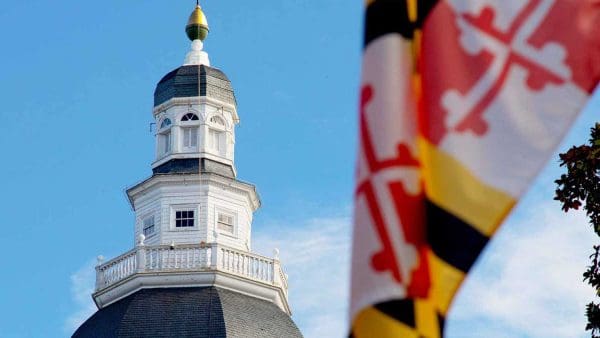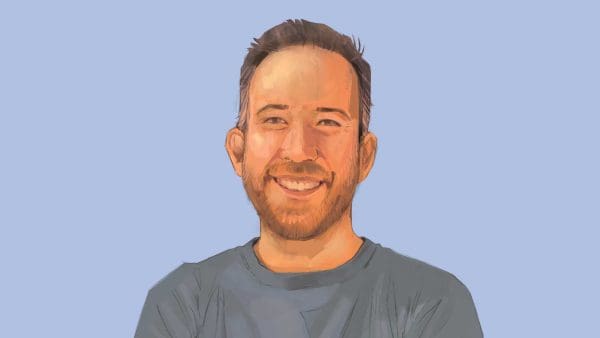
Selwyn Vickers ’82 has witnessed the havoc wreaked on health institutions by the COVID-19 pandemic from the front lines.
“It’s brought myriad challenges related to every aspect of our mission,” says Vickers, who is the CEO of the University of Alabama at Birmingham (UAB) Health System and the UAB/Ascension St. Vincent’s Alliance. “We’ve had to shut down our research enterprise. At times, we’ve had to morph our educational platform. And we’ve had to completely turn our health care paradigm upside down to take care of this vast number of patients with COVID disease.”
Vickers’ more than three decades of work as a distinguished pancreatic cancer surgeon and an administrator at UAB and the University of Minnesota prepared him to lead in tough times. Part of that leadership has come in addressing how the pandemic has exacerbated vast and highly visible health disparities across American society. As a leading voice in researching and tackling this problem, Vickers believes that the social influences perpetuating inequity are underestimated by the medical community.
Whether you show up in our emergency room because you didn’t have a refrigerator for your insulin,” Vickers observes, “or because you ran out of your hypertension medicine and didn’t have someone to actually go get it for you, all of these social things play out—financially, medically—on what happens in our hospitals.”
—Selwyn Vickers ’82
Responding to health inequity
Academic medical centers must organize a response to health inequity, even if it pushes them out of their comfort zone, Vickers believes. “They know it makes financial sense, even though it may require some investment. And they know they have the influence and the spectrum of vision to do it…. We try to step in those spaces that have been so painfully left alone and not addressed over the years.”
As dean of UAB’s Heersink School of Medicine, Vickers has also witnessed how COVID-19 will be defining new paths for young doctors. “Their expectations of the experience are going to be different than my generation,” he admits. “They want it to be sustainable. It’s not just about that I get the outcome of taking care of somebody. I want how I take care of them to be meaningful.”
The pandemic also has placed deepening student familiarity with equity issues on a par with leveraging new technologies at UAB. “I think it will now really force us to no longer continually ignore health disparities, [and] we will start within the educational process.”
A new way of thinking
Vickers grew up in Huntsville—Alabama’s largest city and a key hub for U.S. aerospace and tech companies. But his arrival on the Homewood campus in the late 1970s, he says, was an “eye-opening” experience that “brought a level of appreciation of diversity that challenged my mindset.” His Hopkins experience, he says, taught him that his “way of thinking may not be the only way of thinking.”
He also acquired resilience, which sustained his “willingness to compete” successfully with numerous Hopkins peers who also wanted to pursue careers in medicine.
“The resilience built up,” he observes. “Friendships develop. Yes, it was competitive, but not in any bad way. It was just people all wanting to [work in] this space of being a doctor.”
Vickers credits the late Levi Watkins Jr.—a fellow Alabaman, renowned heart surgeon, and longtime associate dean of the Johns Hopkins School of Medicine—as a mentor and friend.
“Our pathways were very similar,” he recalls. “Our parents were college educators. And we were both from Alabama. So we knew that history.” In an era when many Hopkins pre-med graduates left Baltimore, Watkins enlisted Vickers “to be a part of the vision of transforming Johns Hopkins [and its medical school] into a diverse community.” Vickers went on to earn his MD (1986) and complete his residency training and a fellowship at Johns Hopkins School of Medicine and Hospital.
‘Hopkins trained me to lead’
His professional connection with both Hopkins and Alabama is a strong and continuing one. Vickers chose to work at UAB immediately after leaving Hopkins, and he returned there from Minnesota in 2013. “Hopkins trained me to lead,” he says. “UAB gave me the opportunity to lead… That’s in part why I came. And that’s in part why I came back.”
That public trust in medicine is fraying when front line health professionals and scientists have won so many victories over the pandemic is an irony not lost on Vickers. But he insists that “we can’t just rely on the confidence that we know what we do works. We have to really work at the business of being humble enough to realize we have to earn the privilege for our science to be accepted.”




